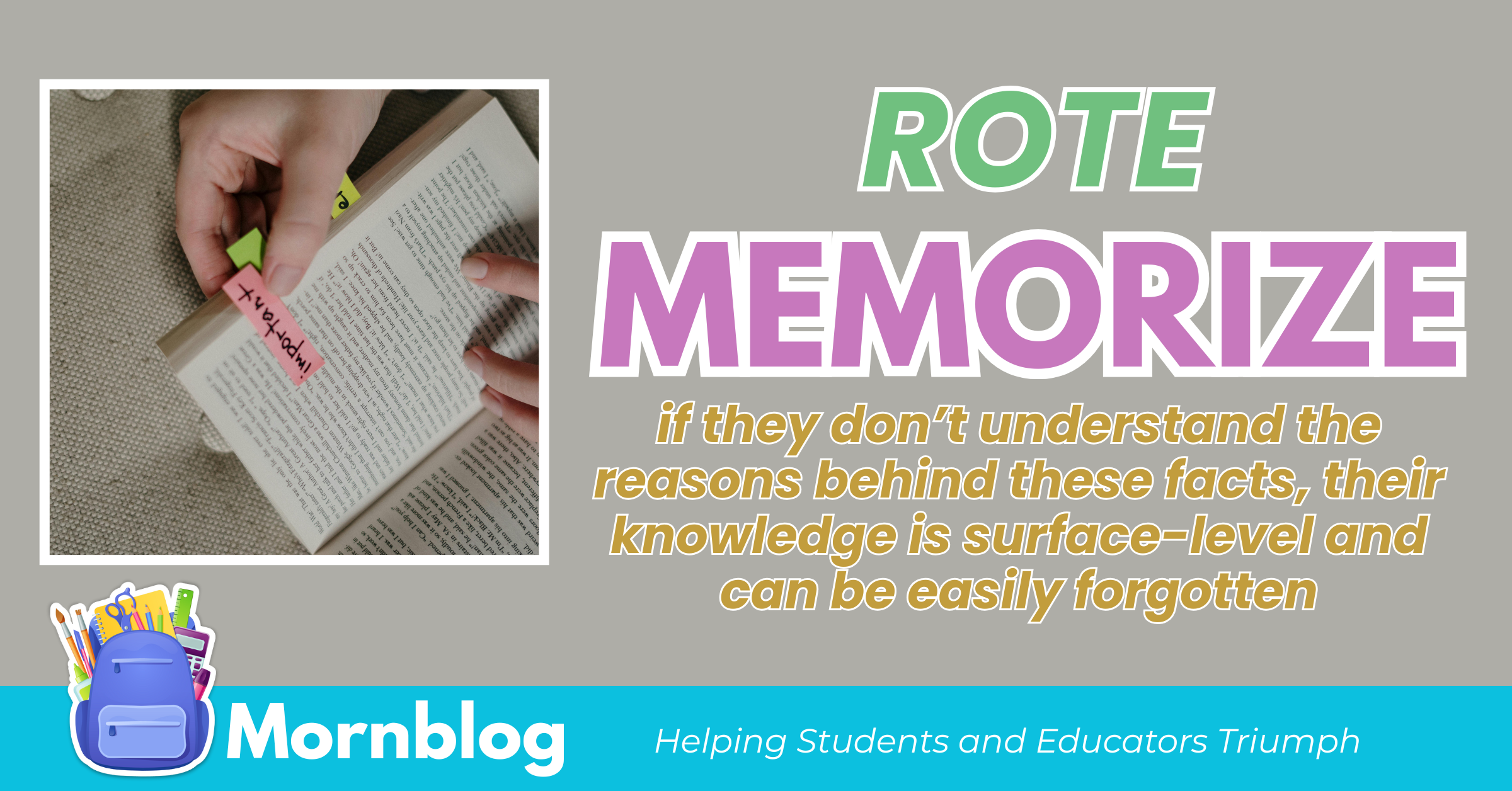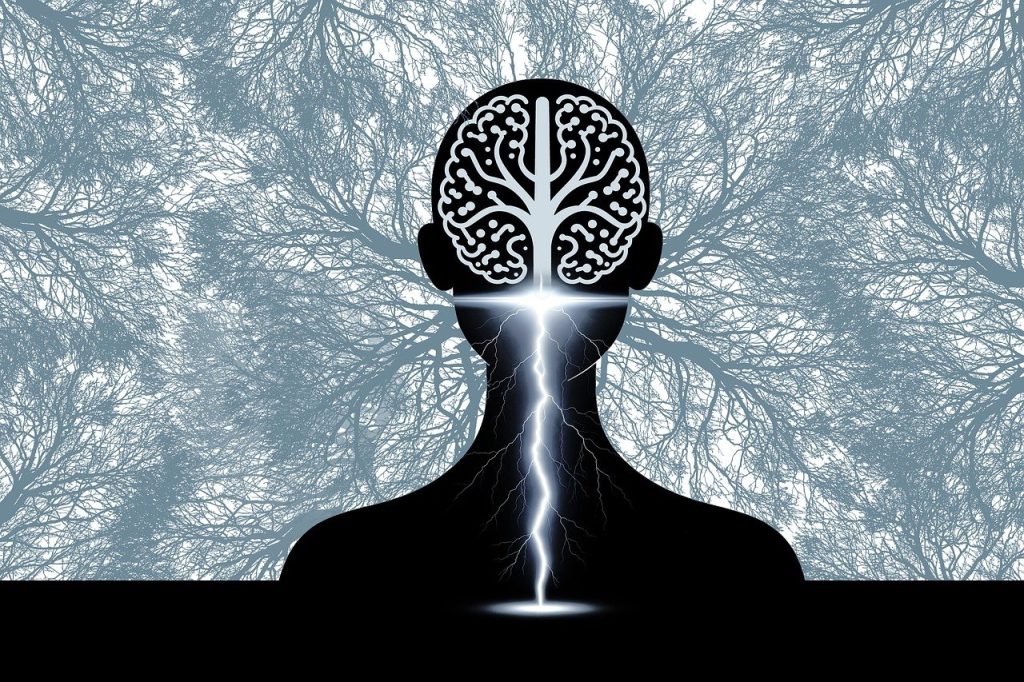Change Your Strategy: Rote Memorization of Facts is Limited, Comprehension is Far Ravenous
Memorization can be useful in certain situations—like when you need to recall a list of facts or follow a process step-by-step.
However, rote memorization of facts is limited.
Memorized information often fades quickly because it lacks context or connection to other knowledge.
For example, students might memorize formulas or historical dates, but if they don’t understand the reasons behind these facts, their knowledge is surface-level and can be easily forgotten.
Memorization relies on repetition, but without understanding the “why” and “how,” this knowledge remains isolated and less meaningful.
Table of Contents
Comprehension Enhances Critical Thinking
One of the most significant benefits of prioritizing comprehension is that it fosters critical thinking.
When you truly understand a topic, you can ask questions, challenge assumptions, and explore different perspectives.
This deeper engagement with the material opens the door to innovation and problem-solving.
Instead of passively receiving information, you become an active participant in the learning process, thinking critically about the content and how it applies to real-world issues.
Take the example of studying history.
Memorizing dates and events might help you pass a test, but understanding the social, economic, and political forces behind those events enables you to analyze historical patterns, compare different periods, and predict future trends.
This kind of thinking is invaluable, not just in academic settings, but in everyday decision-making.
The Role of Curiosity
A focus on understanding also encourages curiosity—the desire to explore and learn more.
When we approach learning with the goal of understanding, we are naturally inclined to ask questions, seek deeper explanations, and expand our knowledge.
Curiosity drives us to go beyond the basics and look for the “why” and “how” of everything we encounter.
This intrinsic motivation makes learning more enjoyable and engaging, transforming it from a chore into a rewarding activity.

How to Shift from Memorization to Understanding
The good news is that shifting from memorization to understanding is something anyone can do. Here are a few strategies to help you prioritize comprehension in your learning process
- Instead of simply memorizing facts, ask questions about them. Why is this concept important? How does it connect with other ideas? What are the implications of this knowledge?
- Teaching forces you to understand material deeply. When you explain a concept to someone else, you have to break it down and make it clear, which reinforces your own understanding.
- Try to relate new information to what you already know. Creating mental links between ideas helps to build a broader understanding and makes the information easier to remember.
- Don’t passively read or listen to material. Take notes, ask questions, and engage with the content. Try applying the knowledge in different contexts or solving problems related to it.
- Understanding is best developed when you apply it. Look for opportunities to solve real-world problems using the knowledge you’ve acquired, whether through case studies, experiments, or practical exercises.

Conclusion
In the end, understanding is the cornerstone of true learning.
While memorization may serve its purpose in some situations, it’s the depth of comprehension that allows us to retain knowledge, apply it creatively, and think critically.
By prioritizing understanding, we not only improve our ability to recall information but also set ourselves up for success in solving problems, making decisions, and adapting to new challenges.
So, the next time you’re faced with learning something new, ask yourself: “Do I just want to memorize this, or do I want to truly understand it?”
The answer to that question can make all the difference in your learning journey.
School Hacks
Subscribe
Fresh insights and exclusive perks delivered straight to your inbox. Sign up now!






